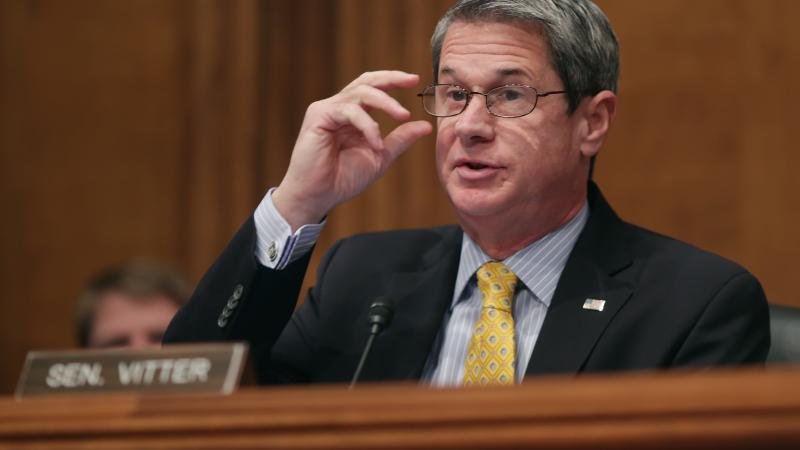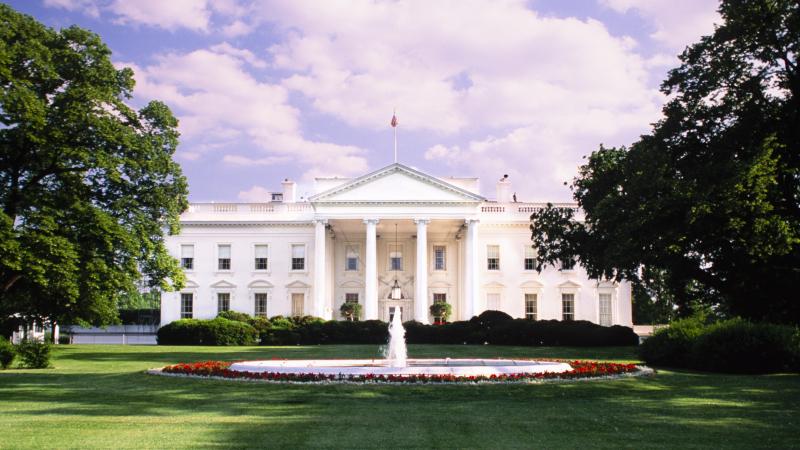Kari Lake election trial raises questions about how ballot signatures were verified
Friday is the last day of the trial.
Kari Lake’s courtroom challenge to the 2022 Arizona governor's race brought forth witnesses who focused on how much time is necessary to adequately compare ballot envelope signatures to signatures on voters’ files and determine whether they are consistent.
Thursday was the second day of the three-day trial. On Friday, the defendants are expected to finish direct examination of their only witness before resting their case.
On Thursday, the judge rejected the defendants' motion to provide a ruling from the bench without the defendants making their case.
Lake fell about 17,000 votes short in the official count for election against then-Secretary of State Hobbs.
Lake is suing Hobbs, now the state's Democratic governor, current Secretary of State Adrian Fontes (D) and Maricopa election officials and requesting the election results be invalidated or that she be declared the winner.
On Thursday, Lake’s legal counsel called to the stand their expert witness, Erich Speckin, who has 30 years of experience analyzing signatures to determine authorship.
Lake’s team relied on his expertise of verifying signatures to explain whether signature verification was adequately performed in the Maricopa County general election.
In Maricopa, the state's largest and most populous county, signature reviewers examine signatures on early vote ballot affidavit envelopes and compare them to signatures for the corresponding voters on the voter registration database to ensure that the registered voter cast the ballot.
Maricopa receives electronic images of ballot envelopes with the signatures from Runbeck Election Services, which signature reviewers then compare to the voter-registration file.
The file has a combination of voter registration forms or ballot envelopes from prior elections, according to testimony from a county signature reviewer on Wednesday.
Speckin testified based upon his examination of data provided from Maricopa County about how quickly it appeared that signature reviewers made determinations regarding whether signatures were consistent.
Regarding the speed at which signatures appeared to be reviewed, Speckin said, “There were about 70,000 instances … that were lightning quick.”
Lake’s legal counsel, Kurt Olsen, asked Speckin, “So roughly 70,000 signatures were processed in less than two seconds?”
Speckin corrected Olsen, specifying that he would say “compared,” rather than “processed,” then answered “yes” to 70,000 signatures being compared in less than two seconds, according to data he examined from Maricopa County.
He added that there were seven users, or signature reviewers, who "had over 1,000 instances" of reviewing signatures in less than two seconds that “had 100%” approval rates, meaning that the signatures matched.
When asked by Olsen whether comparing signatures in less than three seconds is physically possible, Speckin replied, "I don't believe it can be done."
After Lake’s team rested their case, county Elections Director Rey Valenzuela, a defendant in the case, testified later on Thursday as the defendants’ only witness. The previous day and earlier Thursday he testified as one of the witnesses for the plaintiff.
Valenzuela, who has done signature review in the county for 20 years, explained that there were 155 signature verifiers who participated in the 2022 general election.
While level 1 signature reviewers have three signatures on a voter’s file to compare a ballot signature to, Valenzuela testified that the reviewers are "not required" to compare a ballot signature to all three signatures.
If a ballot signature is an "exact match” to the first signature on the voter file, "then that can take one to two seconds."
On Wednesday, plaintiff witness Jacqueline Onigkeit, who was a level 1 signature reviewer in the general election, noted that there were some signatures in voters’ files – either previous envelopes or voter registration form – that didn’t match the name of the voter, which reviewers were told to record and send to a superior to fix.
The judge in the current trial previously dismissed Lake's case in December.
However, earlier this month, the Arizona Supreme Court ordered court proceedings to take place "forthwith" regarding Lake's claim the county violated its signature verification practices in last year's general election. The court granted one sanction against her legal team but denied the attorneys' fees that defendants had requested.














